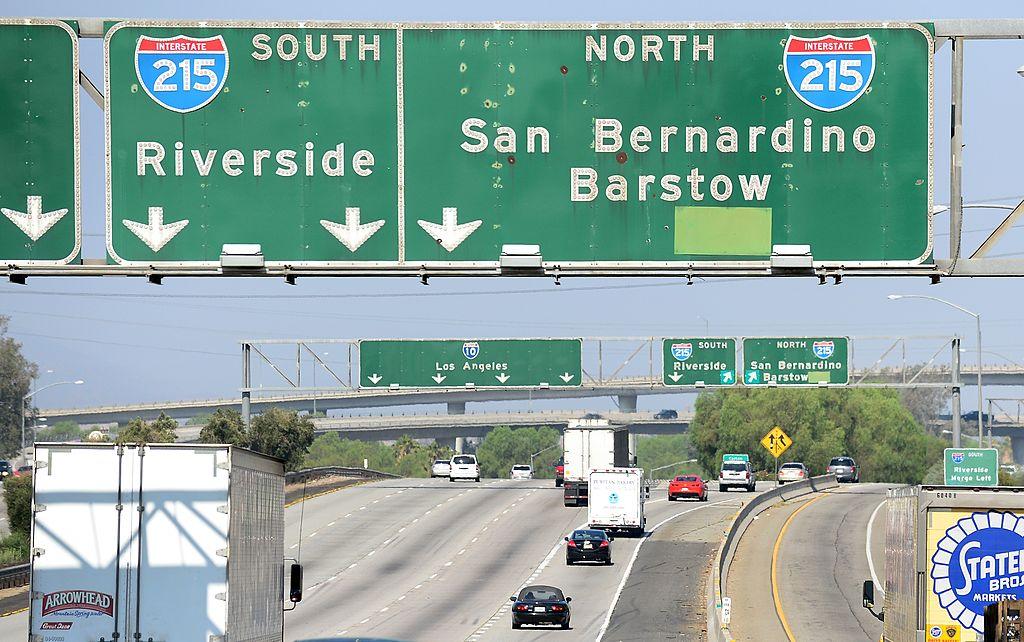The San Bernardino County Board of Supervisors this week voted to add a November 2022 ballot measure that would allow the county to secede from California.
The measure, which was voted on 4–0 by the supervisors Wednesday, would ask San Bernardino residents: “Do the citizens of San Bernardino County want the San Bernardino County Board of Supervisors to study all options to obtain its fair share of state and federal resources, up to and including secession?”





